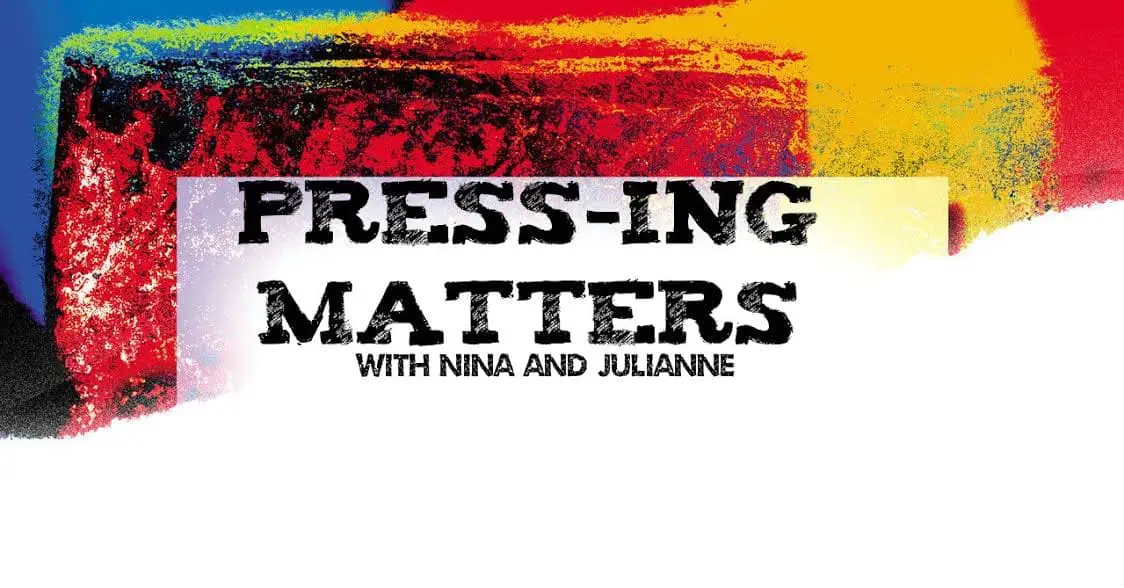Press-ing Matters: The Art of the Submission Email

Hey writerly peeps, Julianne here! Today I want to talk to you about something near and dear to my heart—the submission email. In our world, they’re necessary. When we submit to open calls, it’s usually done via email or through Submittable. Despite the title of this post, writing a submission email really isn’t an art, not by a long shot, but every writer should view it as a necessity.
First impressions are just as relevant digitally as they are in face-to-face interactions—you don’t get a second chance to make one. So, if you’re sending out a submission to a publisher, you want to take the opportunity to show that you’re aware of a few things: what you’re submitting for and who you’re submitting to. At the very least, your submission should be accompanied by a greeting directed to the publisher you want to be published by and some indication of what you’re submitting your work for. Some publishers have more than one open call at a time and if you don’t indicate what you’re submitting for, you run the risk of your submission not being evaluated against the set of requirements (theme, subject matter, you name it) you worked hard to follow.
Going a step further than the basics is a welcome treat for most publisher—heck, we’re people too! Introduce yourself if you’ve never worked with a specific publisher before, and if you have worked with them, mention that. Be proud of your accomplishments. Just be careful not to list every single publication you’ve ever been in—if that list is long, it’s not necessary to include it all. Publishers don’t want to read a two page letter with each submission so the idea here is to be brief. Essentially, you’re looking to give the publisher a quick introduction to yourself and show that you’re congenial.
So, what’s important to take away from this? An empty email with an attached submission isn’t the best way to submit a piece of your work to a publisher. If you do that, you run the risk of them just tossing it because frankly, they don’t have the time to hunt you down to ask what you’re submitting for. The onus is on you, the writer, to be clear about what you’re submitting. Anything above and beyond that is an opportunity and you should be viewed as one.
Take the opportunity—trust me, you can’t go wrong.
‘Til next time!









